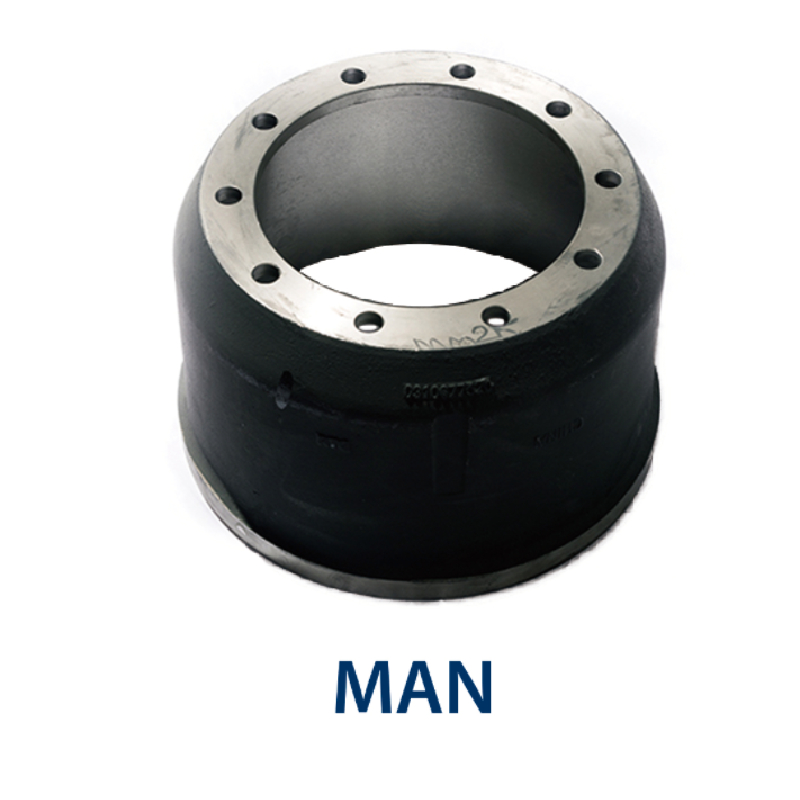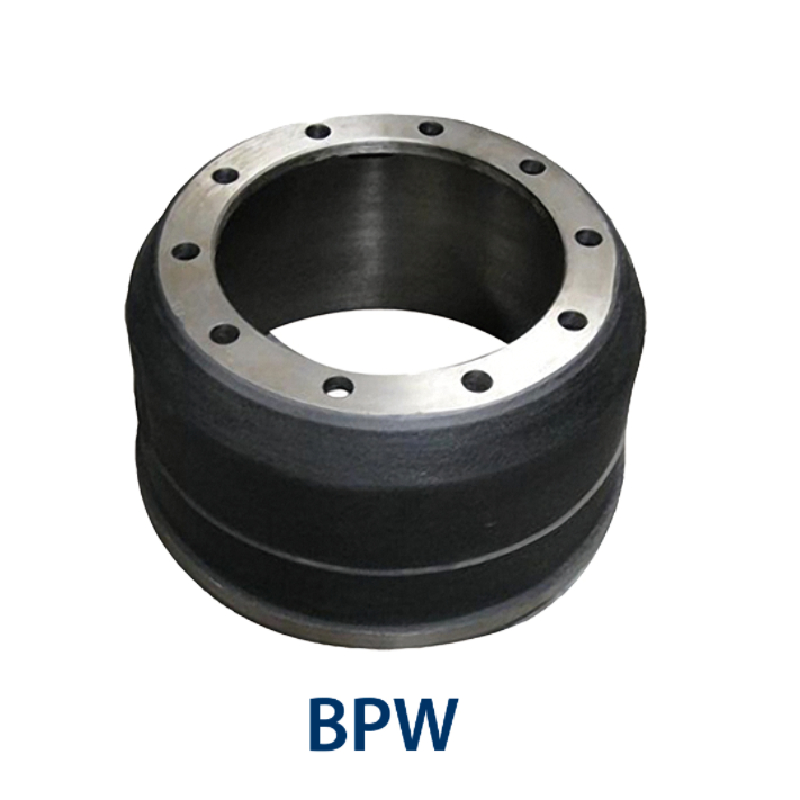1 月 . 30, 2025 00:37 Back to list
frozen brake drum
Experiencing a frozen brake drum can be an unexpected and unwelcome challenge for any vehicle owner, especially those who rely on their vehicles in demanding environments. Addressing this issue promptly is crucial, not only to maintain the vehicle's performance but also to ensure safety. Having dealt with this predicament on more than one occasion, I offer both personal insights and professional expertise to help you manage and prevent brake drum freezing effectively.
Furthermore, investing in vehicle wraps or covers can offer an extra layer of protection against the elements. Although not always feasible for every situation, minimizing the vehicle's exposure to wet and cold conditions is a step worth considering. In terms of expertise, understanding the composition and design of brake drums can be helpful. Not all brake systems are created equal. Some designs are inherently more resistant to freezing. Consulting with automotive experts about the best brake systems tailored for cold environments can prevent future incidents. Advanced materials and innovative designs in the market today offer improved performance, even in freezing conditions. Trustworthiness in addressing frozen brake drums comes from evidence-backed strategies and solutions. I have witnessed instances where employing simple preventative measures significantly reduces the instances of frozen components. Trusted automotive sources and experienced mechanics advocate for consistent inspection and maintenance, reinforcing the notion that a proactive approach is often the best defense. Ultimately, dealing with frozen brake drums is about blending immediate action with long-term preventative strategies. Leveraging personal experience and professional recommendations ensures that not only is the current issue resolved, but future occurrences are kept to a minimum. By addressing both symptoms and causes, vehicle reliability is enhanced, contributing to both performance and safety on the road.


Furthermore, investing in vehicle wraps or covers can offer an extra layer of protection against the elements. Although not always feasible for every situation, minimizing the vehicle's exposure to wet and cold conditions is a step worth considering. In terms of expertise, understanding the composition and design of brake drums can be helpful. Not all brake systems are created equal. Some designs are inherently more resistant to freezing. Consulting with automotive experts about the best brake systems tailored for cold environments can prevent future incidents. Advanced materials and innovative designs in the market today offer improved performance, even in freezing conditions. Trustworthiness in addressing frozen brake drums comes from evidence-backed strategies and solutions. I have witnessed instances where employing simple preventative measures significantly reduces the instances of frozen components. Trusted automotive sources and experienced mechanics advocate for consistent inspection and maintenance, reinforcing the notion that a proactive approach is often the best defense. Ultimately, dealing with frozen brake drums is about blending immediate action with long-term preventative strategies. Leveraging personal experience and professional recommendations ensures that not only is the current issue resolved, but future occurrences are kept to a minimum. By addressing both symptoms and causes, vehicle reliability is enhanced, contributing to both performance and safety on the road.
Next:
Latest news
-
Brake Drum for Kamaz Trucks Durable OEM Replacement & High Performance
NewsMay.30,2025
-
Brake Drum Man High-Quality Drum Brake & Shoe Solutions
NewsMay.30,2025
-
High-Performance Brake Drum for Kamaz Trucks Durable Drum Brake Components
NewsMay.29,2025
-
Brake Drum Man High-Quality Drum Brake Drums & Brake Shoes
NewsMay.29,2025
-
Brake Drum MAZ High-Performance & Durable Replacement Parts
NewsMay.29,2025
-
heavy truck brake drums
NewsMar.07,2025
